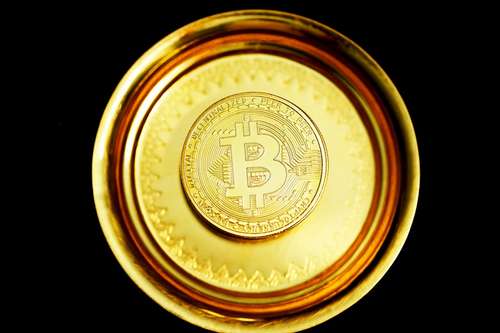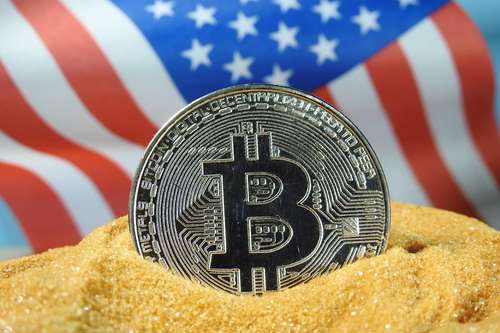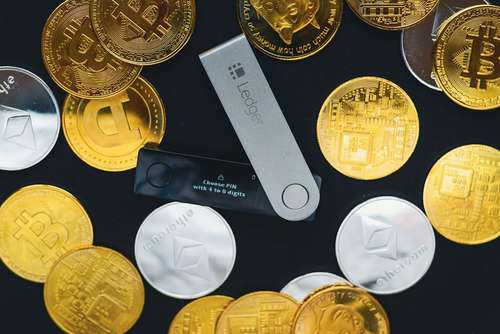El Salvador is poised to revive its ambitious Bitcoin City project following President Nayib Bukele's anticipated triumph in the recent elections.
The success of El Salvador's Bitcoin holdings has boosted the tax-free haven, signaling progress in the country's experiment with cryptocurrency.
Bitcoin City Will Go Forward Despite IMF Opposition
Despite facing opposition from the International Monetary Fund (IMF) over the decision to make Bitcoin legal tender in 2021, President Bukele remains steadfast in his commitment to the Bitcoin City project.
Felix Ulloa, the country's vice president, affirms that Bukele has no intentions of retracting these objectives. Even during negotiations for a billion-dollar loan, the IMF's concerns did not sway the government's resolve.
Ulloa stated, "The majority of the package has already been agreed upon," showcasing El Salvador's determination to pursue its vision of a Bitcoin-centric future.
In a unique approach to funding government development projects, El Salvador offers citizenship to foreigners who contribute cryptocurrency.
These expatriates, attracted by the prospect of relocating to the upcoming Bitcoin City and enjoying income tax waivers, could play a vital role in the city's development.
The government of El Salvador has a broader vision that includes the establishment of a Bitcoin mining facility powered by geothermal energy.
The Bitcoin halving is scheduled for April 2024, which means that mining rewards will be reduced. This could make El Salvador a more attractive destination for miners, potentially boosting the country's economy.
Bukele's Optimism and Bitcoin City's Economic Prospects
President Bukele initially introduced plans for Bitcoin City during the peak of the 2021 bull market. However, the project faced setbacks when El Salvador's Bitcoin holdings experienced a downturn.
Now, with the country reporting unrealized gains exceeding $3 million in December 2023, Bukele quickly highlights the project's viability.
"After literally thousands of articles and hit pieces that ridiculed our supposed losses, all of which were calculated based on Bitcoin’s market price at the time, with the current Bitcoin market price, if we were to sell our Bitcoin, we would not only recover 100% of our investment but also make a profit of $3,620,277," Bukele proudly proclaimed.

Overcoming Challenges: Chivo Wallet and Rising User Adoption
The initial rollout of El Salvador's Chivo crypto wallet faced technical glitches and a lack of enthusiasm among street vendors.
Digicel, a major mobile operator, reported a service crash in September 2023 due to onboarding requests from 28,000 new users. However, with incentives and the potential to save millions in remittance fees, Chivo wallet users have surged to 1.1 million.
The government's offer of $30 worth of BTC to each citizen who signs up has played a vital role in incentivizing adoption.
Despite the rocky start, the Chivo wallet is gaining traction, becoming integral to El Salvador's financial ecosystem.
Regional Contrasts: Argentina's Stance on Crypto
El Salvador has been working on its Bitcoin City project while Argentina's president, Javier Milei, has chosen a different path.
Although initially considered a supporter of economic reforms that promote financial independence, Milei has decided not to legalize cryptocurrencies in the Law of Bases and Starting Points. However, he has affirmed that provincial governments will have the power to regulate currencies.




